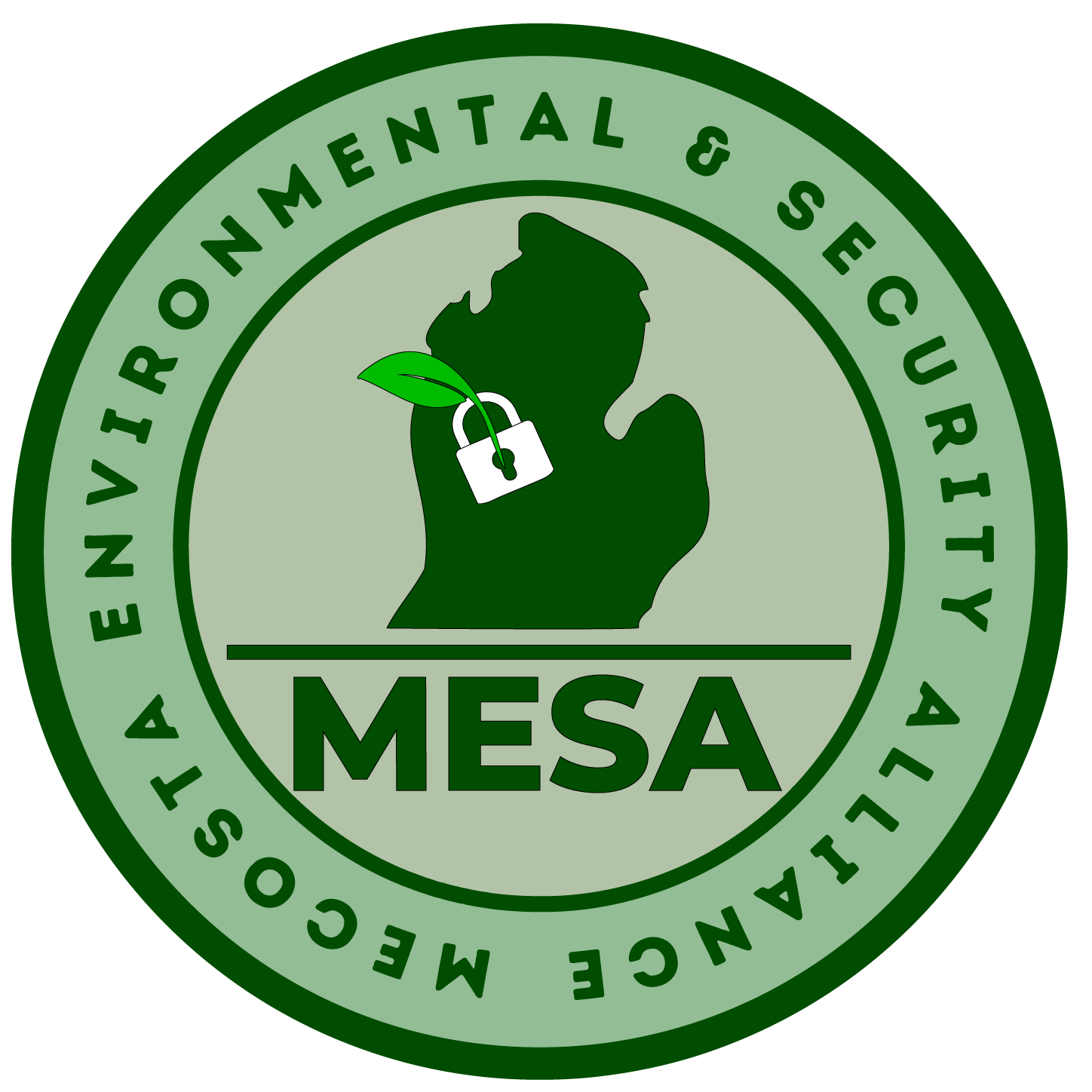Question: Why is there significant environmental concern among residents of the Muskegon River Watershed regarding the proposed Gotion battery plant?
The proposed establishment of Gotion’s lithium battery plant in an environmentally sensitive area has raised substantial concerns among the Muskegon River Watershed community for several reasons:
Ecological Impact on Wetlands:
- The site chosen for the plant is a pristine wetlands area, crucial for local biodiversity. Wetlands are vital ecosystems that support a variety of wildlife, including rare species such as blue heron, bald eagles, various bat species, and potentially the endangered Karner blue butterfly. The disruption of this habitat could have irreversible impacts on these species and the ecological balance.
Water Resource Management:
- The plant’s location is integral to the local aquifer system, playing a significant role in water regulation. The proximity of the site to a creek that feeds into the Muskegon River, a major Lake Michigan waterway, heightens the risk of water pollution and ecosystem disruption.
- The proposed daily water usage by Gotion, amounting to 715,000 gallons, surpasses that of major industrial users like Nestle’s Ice Mountain. Such extensive water extraction raises concerns about the sustainability of local water resources and the potential for long-term environmental damage.
Agricultural and Watershed Implications:
- The establishment of the plant poses a direct threat to local agriculture, potentially affecting water availability and quality for farming. Additionally, the watershed, which is integral to the region’s environmental health, is at risk of degradation due to the industrial activities and potential pollution.
Lack of Environmental Oversight and Transparency:
- The project’s approach to environmental due diligence has been notably lacking. Key environmental assessments, such as an Environmental Impact Study (EIS), have not been provided, leaving many questions about the long-term ecological consequences unanswered.
- Concerns extend to the potential hazardous materials involved in the plant’s operations, including lithium carbonate, coated spherical purified graphite, and cobalt. The management of these substances and their environmental implications need to be transparently addressed.
Regulatory and Safety Concerns:
- Despite the project’s scale and potential impact, there has been a failure to comply with comprehensive reviews, such as those by the Committee on Foreign Investments in the United States (CFIUS), which assesses the environmental aspects of foreign investments.
- Information regarding worker health and safety, as well as formalized fire and hazard management plans, appears to be minimal or non-existent, raising concerns about the operational safety standards of the plant.
In summary, the construction of Gotion’s lithium battery plant in this environmentally sensitive area is fraught with significant ecological, water resource, and regulatory concerns. The community’s apprehension stems from the potential for long-term environmental damage and the lack of transparency and due diligence in the project’s planning and regulatory compliance. These factors collectively contribute to the fear of a looming ecological disaster, one that could irreversibly harm the local environment, wildlife, and community livelihoods.

